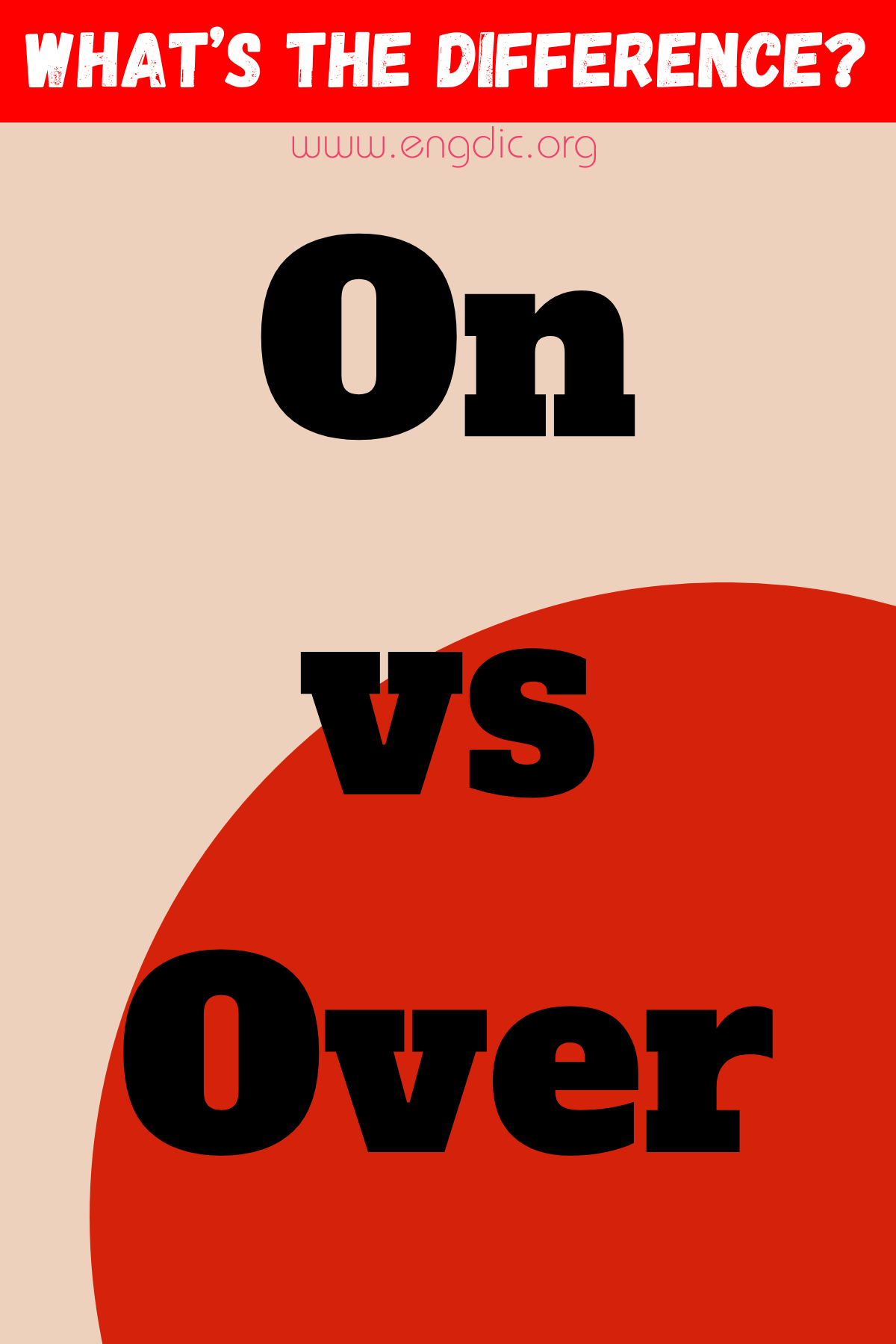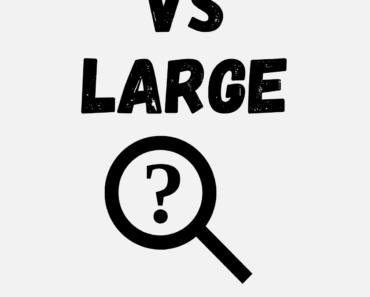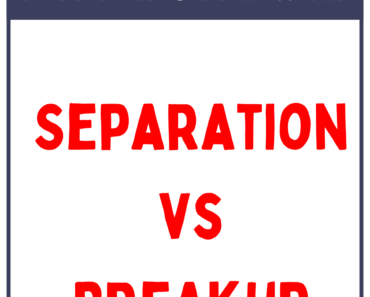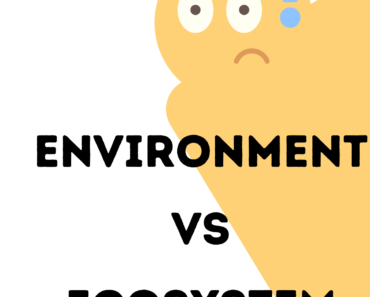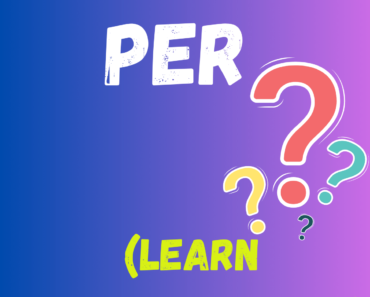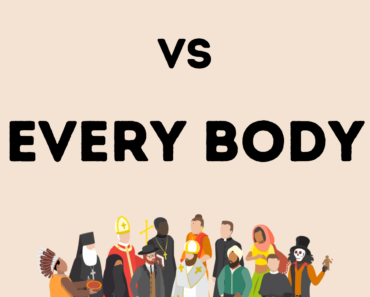Understanding the subtle distinctions between “on” and “over” can significantly enhance your command of English. Both prepositions often describe a relationship in space or involvement, but their use can impart different nuances.
Definition of On:
“On” primarily indicates a position atop a surface or in contact with it, and it extends to broader uses reflecting connection or continuity. It’s used to specify days and dates, devices or machines in operation, and dependency or focus on something.
Usage of On:
- Physical Contact: “The book is on the table.”
- Media and Devices: “The show is on TV.”
- Scheduled Events: “We’re meeting on Friday.”
- State of Operation: “The lights are on.”
- Dependency/Requirement: “He lives on a pension.”
Definition of Over:
“Over” suggests a position higher than something else, often without contact, and extends to indicate movement across a barrier, superiority or excess, and duration.
Usage of Over:
- Spatial Relationship: “The lamp hung over the table.”
- Covering/Enclosing: “She wore a coat over her dress.”
- Crossing/Transcending Boundaries: “Jump over the fence.”
- Exceeding Normal Limits: “Costs have gone over budget.”
- During a Period of Time: “Over the years, he became wiser.”
By choosing “on” or “over” correctly, you can communicate more precise details about the physical and metaphorical relationships in your discourse.
